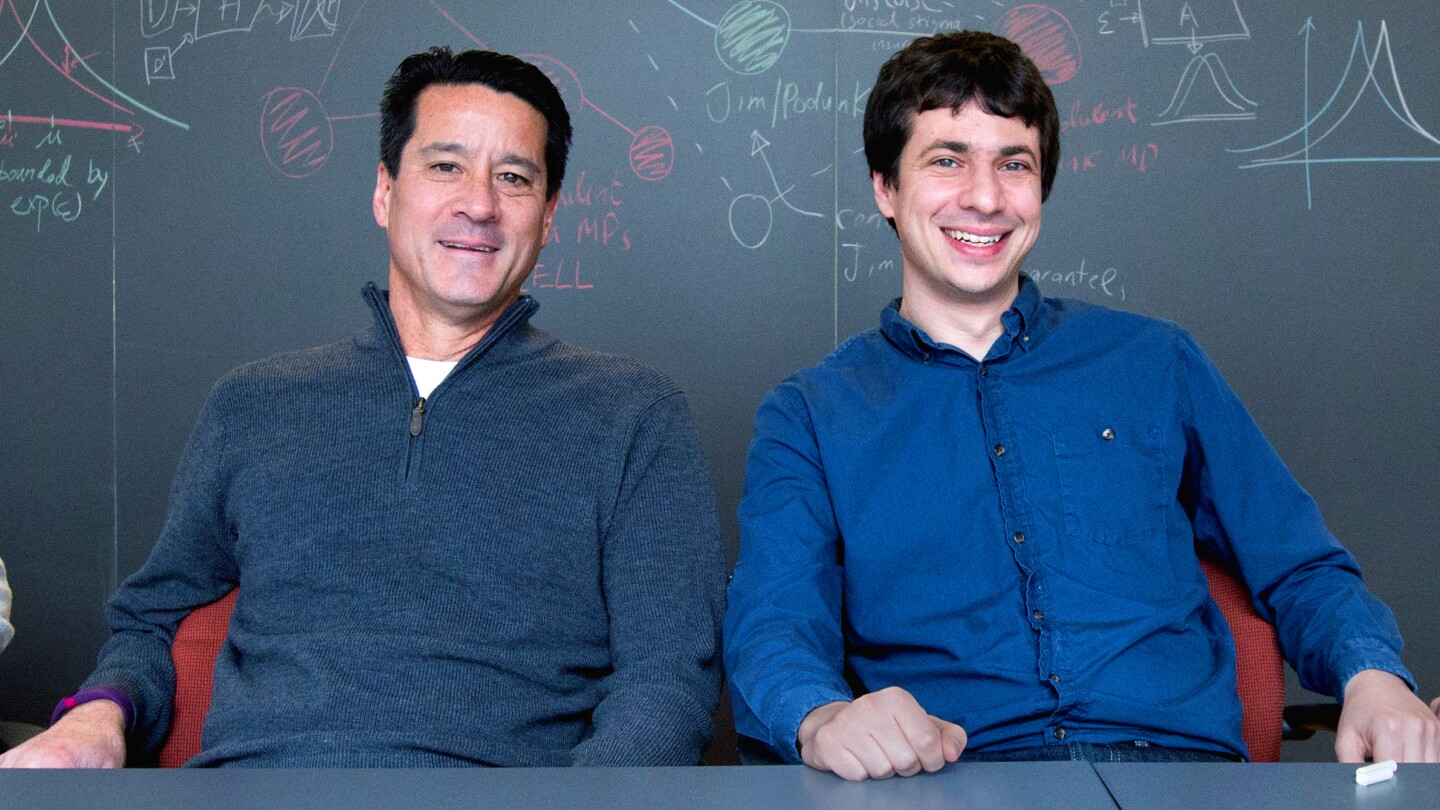From the journal The Laryngoscope, a thoughtful description of the growing interest in signaling for medical residency interviewing (which I believe will be implemented for Otolaryngology residency positions in the coming year).
Preference Signaling for the Otolaryngology Interview Market
C.W. David Chang MD Steven D. Pletcher MD Marc C. Thorne MD, MPH Sonya Malekzadeh MD
First published: 06 October 2020 https://doi.org/10.1002/lary.29151
"The impact of the coronavirus disease 2019 pandemic extends beyond patient care and into graduate medical education (GME). The pandemic has created disarray in the residency application process. Visiting rotations and residency interviews—two cornerstones of the application cycle—are gone.
"Just as the pandemic has exposed healthcare disparities in medical care, it also shines a light on inequalities with GME. Even before the pandemic, many residency specialties observed a meteoric rise in the number of applications submitted by each applicant. In 2019, otolaryngology applicants submitted an average of 72 applications, an 80% rise over 15 years.1 This increase drives a cycle of programs receiving more applications and students feeling the need to apply more broadly to maintain competitiveness. Students with monetary resources are better able to mitigate match risk through prolific residency application and by traveling for away rotations to cultivate faculty advocates. Financially disadvantaged applicants may find it more difficult to amass influential social capital.
"With the deluge of applications, applicants are unable to distinguish themselves from the crowd. Such dilution impairs the applicants' abilities to credibly convey interests to programs. Similarly, the program director has a hard time selecting candidates from a pool of excellent applicants for interview.
"The interview is a limited resource. Selection committees often react to this scarcity by declining to interview qualified candidates they think (but do not really know) are unlikely to choose their program and instead interview candidates who they think (but do not really know) are more likely to accept an offer. This approach is inefficient.
"Preference signaling is an intriguing solution. Since 2006, the American Economic Association has operated a signaling service to facilitate job interviews for graduate students. This applicant‐initiated concept aligns goals of interested applicants with programs. Students send signals to up to two employers to indicate their interest in receiving an interview. In reviewing their outcomes, signals were found to increase probability of interview, especially for niche scenarios (nongraduate applicants, applications to liberal arts colleges, and small city locations).2 Signaling has received interest among medical residency specialties as well.3, 4
...
"The Otolaryngology Program Directors Organization (OPDO) Council has worked diligently with stakeholders to incorporate their input throughout the development process. We thank members and leaders of the academic otolaryngology community, including the Association of Academic Departments in Otolaryngology (AADO), the Society of University Otolaryngologists (SUO), and the greater community of program directors for their support. We appreciate the guidance and valuable insight from the Association of American Medical Colleges (AAMC)—specifically the Group on Student Affairs (GSA), the Committee on Student Affairs (COSA), and the Electronic Residency Application Service (ERAS)—along with the National Resident Matching Program (NRMP). We are hopeful that signaling will improve the residency interview selection process by facilitating the successful pairing of applicants with programs."



